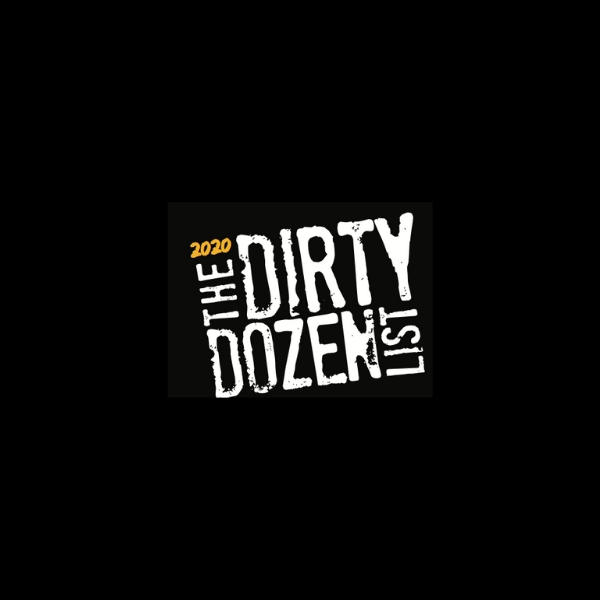The National Center on Sexual Exploitation (NCOSE), a non-partisan, non-profit organization based in Washington, DC, released its 2020 “Dirty Dozen List” this week. NCOSE’s mission is to defend human dignity and oppose sexual exploitation. To do that, the organization names and shames 12 prominent brands, companies, and organizations that profit from the exploitation of others.
This year’s “Dirty Dozen List” includes a 13th entry, making it the first year for a baker’s dirty dozen of entities that profit from or facilitate sexual exploitation.
SeekingArrangement
SeekingArrangement finds itself on the list for the first time because of its promotion of “sugar dating.” It’s an arrangement where someone of financial security and someone of financial vulnerability seek each other out.
NCOSE says SeekingArrangement markets itself to college students, who most likely have some form of student debt, and promotes the idea of benefitting financially from the relationship. In fact, SeekingArrangement offers free premium accounts for those with school email addresses.
NCOSE says “sugaring” creates a power imbalance and an environment for prostitution. Seeking.com actively targets “generous men” and women who want a “sugar daddy.” At the writing of this article, Apple’s App Store doesn’t carry the product, however Google Play does. NCOSE called on Google to pull it from its online store.
Amazon
Amazon remains on the list from previous years for various reasons, but one main issue NCOSE is calling out is its selling of sex dolls. Some of these items feature childlike characteristics. Amazon has removed some of them, but not all. Some of them are categorized on the website as appropriate for ages infant to preschool. NCOSE says these are literal sex objects and should be removed.
TikTok
TikTok finds itself on the 2020 Dirty Dozen List because of the way children are being exploited on the app. Currently, the TikTok app has 500 million global users and is popular with minors. NCOSE says it’s a hunting ground for sexual predators in that everything posted is public. A recent survey of TikTok users showed 25% of minors reported video chatting with strangers. One in 20 of those users also said they were asked to take their clothes off.
NCOSE is asking TikTok to do five things:
- Make posting private unless users request it to be public.
- Default to a “restricted mode” and maintain it with passwords.
- Create a prominent, in-app reporting process for users to call out bad behavior.
- Enforce policies by promptly removing users who violate policies.
- Raise age rating in the App Store and Google Play for more mature users.
How the Dirty Dozen List Helps
“In today’s world, corporations drive our culture,” said Haley McNamara, Vice President of Advocacy and Outreach for NCOSE. “They influence how people communicate, what information they receive, and what trends are accepted or rejected. But right now, there are mainstream companies that are normalizing pornography, facilitating online sex trafficking and grooming, selling sex dolls and incest materials or promoting eroticized child nudity books. The culture that accepts these things, will continue to create more victims of sexual abuse and sex trafficking than can ever be rescued.”
NCOSE makes progress annually with this advocacy tool. Most recently, United Airlines, which was on the 2019 Dirty Dozen List, began training its air crews of what to do when a passenger reports seeing unwanted pornography from another passenger’s digital device. NCOSE is calling on all airlines to train its staff how to appropriately handle this situation.
For a complete list of the 2020 Dirty Dozen List, visit NCOSE’s website.
Covenant Eyes supports the efforts of the National Center on Sexual Exploitation. Covenant Eyes founder and CEO Ron DeHaas is chairman of the NCOSE board.








Maybe we shouldn’t be using devices that have Porn on them? There is no way we can eradicate Porn if we keep computers available that makes finding it easy.